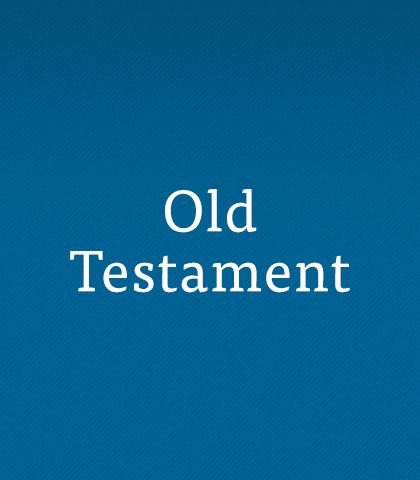Joel: Preparing for the Day of the Lord
Recently in Judah (the southern kingdom), a plague of locusts had devoured every green thing, leaving only desolation in their trail. Joel announced his conviction that God had sent the plague because of the sin of His people Judah. But Joel also announced hope beyond their present circumstance. His message is certainly needed today.


